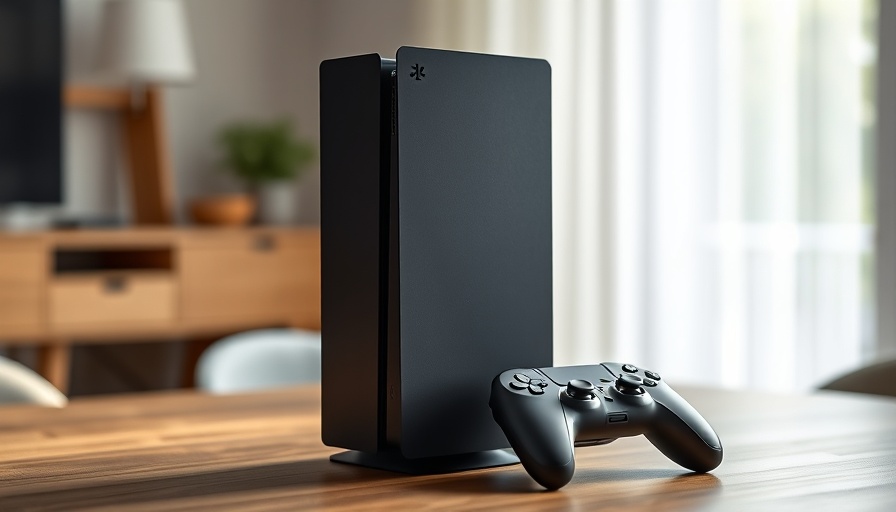
Unveiling Microsoft's AI Coach: The Future of Gaming Assistance
Microsoft is set to redefine the gaming experience with its new AI-powered gaming assistant, Copilot for Gaming. As teased on the Official Xbox Podcast, this innovative tool aims to help players get more out of their gaming sessions through personalized recommendations and skill improvement tips. Xbox’s vice president of gaming AI, Fatima Kardar, emphasized that the assistant is designed to be tailored to individual play styles and preferences, ensuring that it acts more like a helpful companion than an intrusive force.
How Copilot for Gaming Works
Copilot offers a range of functionalities intended to enhance gameplay. One example shared involved recommending hero selections in the popular shooter Overwatch 2, helping players choose characters that counter opponents effectively. Similarly, it provides tips for game mechanics in titles like Minecraft, where players can receive instructions based on their current inventory. This kind of in-game guidance may help new players overcome hurdles and deepen their engagement with complex games.
A Blend of AI Principles: Capability, Adaptability, and Personalization
According to Microsoft, Copilot is built on three core principles: capability, adaptability, and personalization. These elements aim to simplify the player experience by taking the hassle out of game selection and offering seamless transition into gameplay. The assistant will adapt to the player’s needs, providing support tailored to their specific interests and skill levels.
Concerns Over AI Integration in Gaming
Despite the promising outlook for Copilot, there are concerns about the role of AI in gaming. Critics, including some developers, argue that reliance on AI can lead to a less authentic gaming experience and raises questions about job security within the industry. They point out that while AI can enhance efficiency through tasks like gameplay assistance, there’s a risk it could replace human creativity—leading to a more sterile gaming environment. This concern echoes sentiments expressed by Ian Walker from Polygon, emphasizing skepticism around how 'intelligent' these AI systems will truly be.
Community Connection—or Disconnection?
Microsoft's statement that Copilot can connect gamers with friends and communities raises eyebrows. As mentioned during discussions surrounding the program, there's a fear that the AI might make social interactions obsolete. For instance, what does it mean for players if they can rely on an AI assistant rather than engage with friends for genuine support? The dynamics of gaming culture could shift, possibly isolating players and reducing communal gaming experiences. This uncertainty invites further contemplation about the kind of relationships players want to foster in an AI-enhanced landscape.
Looking Ahead: Copilot's Rollout and Future Features
The initial testing phase of Copilot for Gaming is aimed at Xbox Insiders and is expected to extend across mobile platforms, consoles, and PCs in the near future. Microsoft continues to iterate on its AI technology, incorporating it into various aspects of its business, from Windows Copilot to the AI model Muse, designed for game ideation. The question remains: how well will these AI tools adapt to the rapidly-changing gaming environment?
As gaming evolves, Copilot represents a significant stride towards integrating smart technologies. Gamers should keep a keen eye on these developments, as personalization and assistance could transform everyday play drastically.
Industry experts agree that the way Microsoft balances AI assistance with authentic player interactions will be key to Copilot’s success. As this technology unfolds, gamers must consider not just the immediate benefits but also the long-term implications of integrating AI into their beloved hobby.
 Add Row
Add Row  Add
Add 




 Add Row
Add Row  Add
Add 

Write A Comment